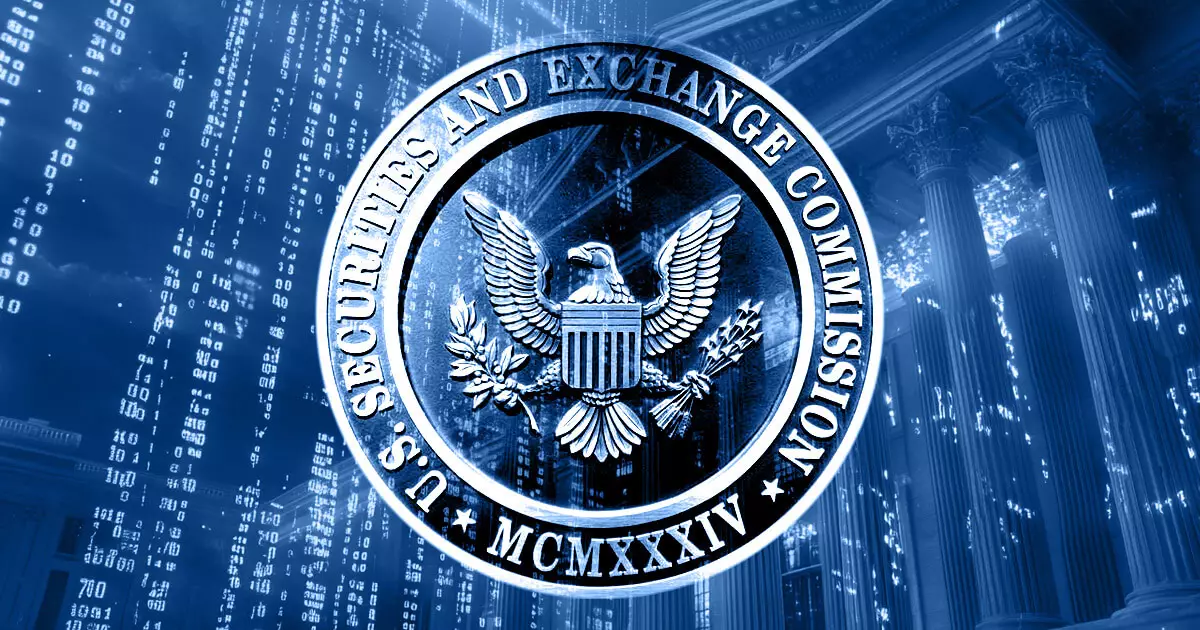The recent filings by the U.S. Securities and Exchange Commission (SEC) concerning Grayscale’s proposed spot Litecoin (LTC) exchange-traded fund (ETF) and BlackRock’s iShares Bitcoin ETF (IBIT) have ignited significant interest among investors and analysts alike. Acknowledgment of these filings, such as the amendment concerning Litecoin and the request for in-kind redemptions for Bitcoin, reflects the SEC’s evolving stance on digital assets. As regulators progressively engage with these applications, market participants are keenly observing how this might reshape the cryptocurrency investment landscape.
Eric Balchunas, a senior ETF analyst at Bloomberg, suggests that the SEC’s scrutiny of Grayscale’s LTC ETF filing signifies a promising step toward regulatory approval. Notably, Balchunas remarked, “a Litecoin ETF has all the boxes checked,” indicating that the regulatory framework might be favorable for this asset class. The classification of Litecoin as a commodity rather than a security supports this assertion. The SEC’s recent focus on the S-1 amendment of the application can be interpreted as an indication of growing regulatory momentum, which may lead to a more welcoming environment for cryptocurrency ETFs. Such developments are pivotal, as they could empower Litecoin to emerge as a frontrunner in the altcoin ETF sector.
In conjunction with Grayscale’s movements, the industry is also paying close attention to BlackRock’s request for in-kind redemptions in its Bitcoin ETF. If granted, this adjustment would enable the direct transfer of Bitcoin to investors instead of requiring asset liquidation for cash during redemptions. The potential for tax efficiency and enhanced liquidity makes this proposal particularly enticing for institutional investors, who may find operational complexities mitigated by in-kind transactions. As tax implications play a significant role in investment strategies, the benefits of avoiding capital gains tax through in-kind transfers could make this ETF structure increasingly appealing.
The SEC’s engagement with new ETF structures undoubtedly reflects a broader trend in digital asset regulation. The landscape has already been altered by the approval of spot Bitcoin ETFs, which has opened doors for more innovative investment vehicles in the crypto space. Market analysts speculate that there is a possibility of the SEC approving multiple crypto ETFs simultaneously, particularly if regulatory barriers continue to diminish. This scenario could not only bolster investor confidence in cryptocurrency assets but also cultivate a more competitive market for altcoin ETFs.
As observers closely monitor the SEC’s moves, the significance of these filings extends beyond mere paperwork; they symbolize a potential shift in regulatory paradigms that could influence the trajectory of digital assets. An approval of in-kind redemptions and LTC ETFs may usher in a new era for crypto regulators and investors alike, potentially fostering a more integrated and robust cryptocurrency investment ecosystem.

